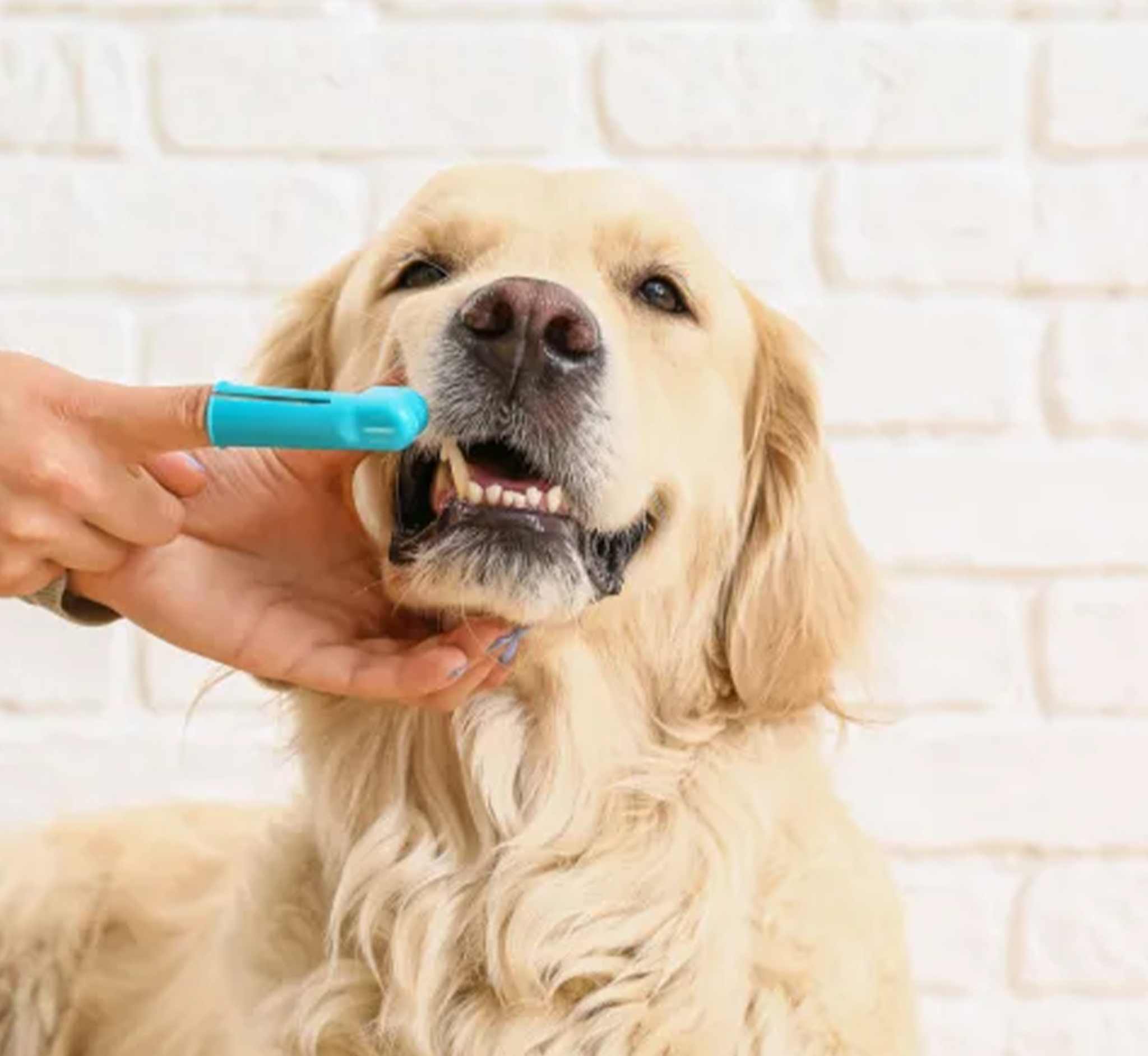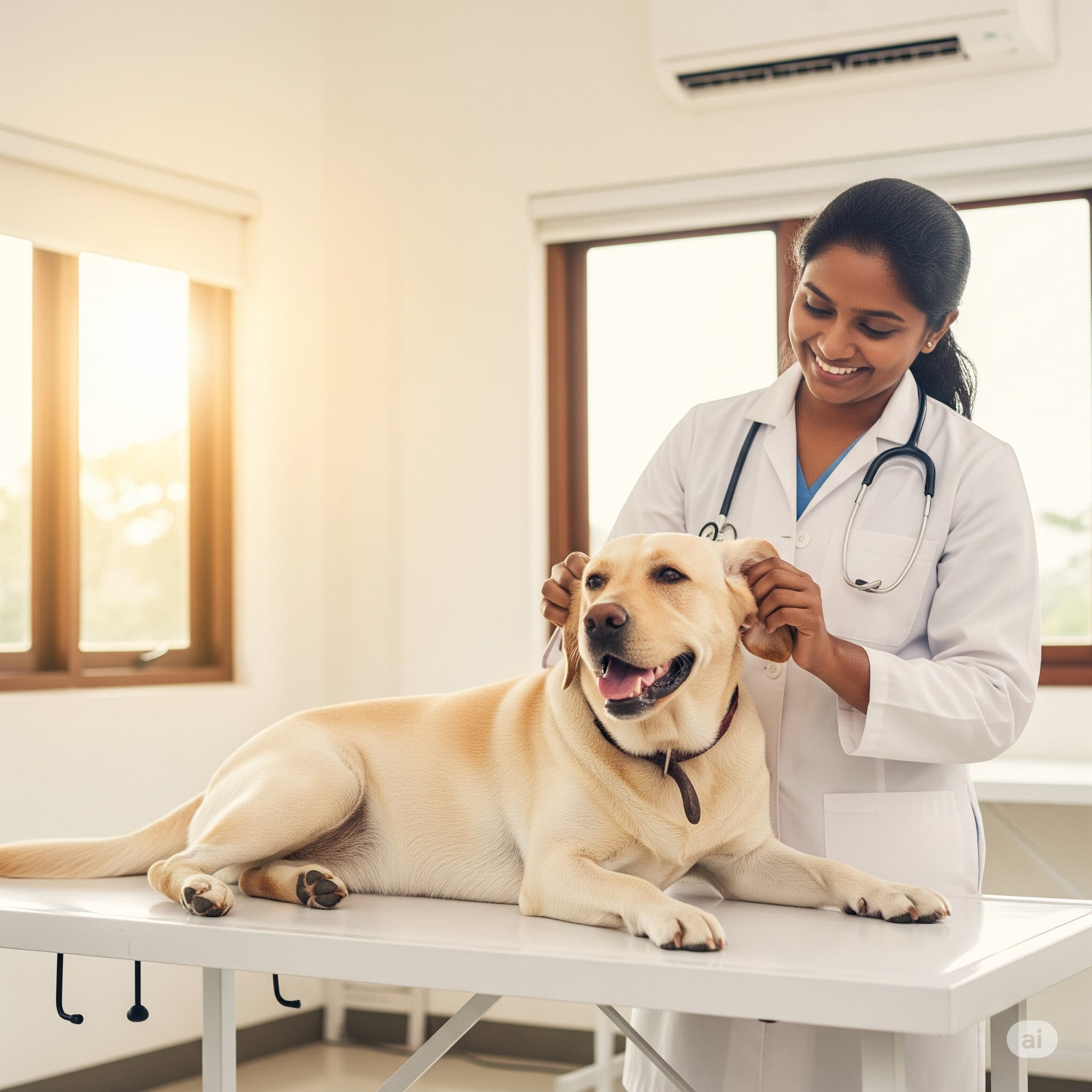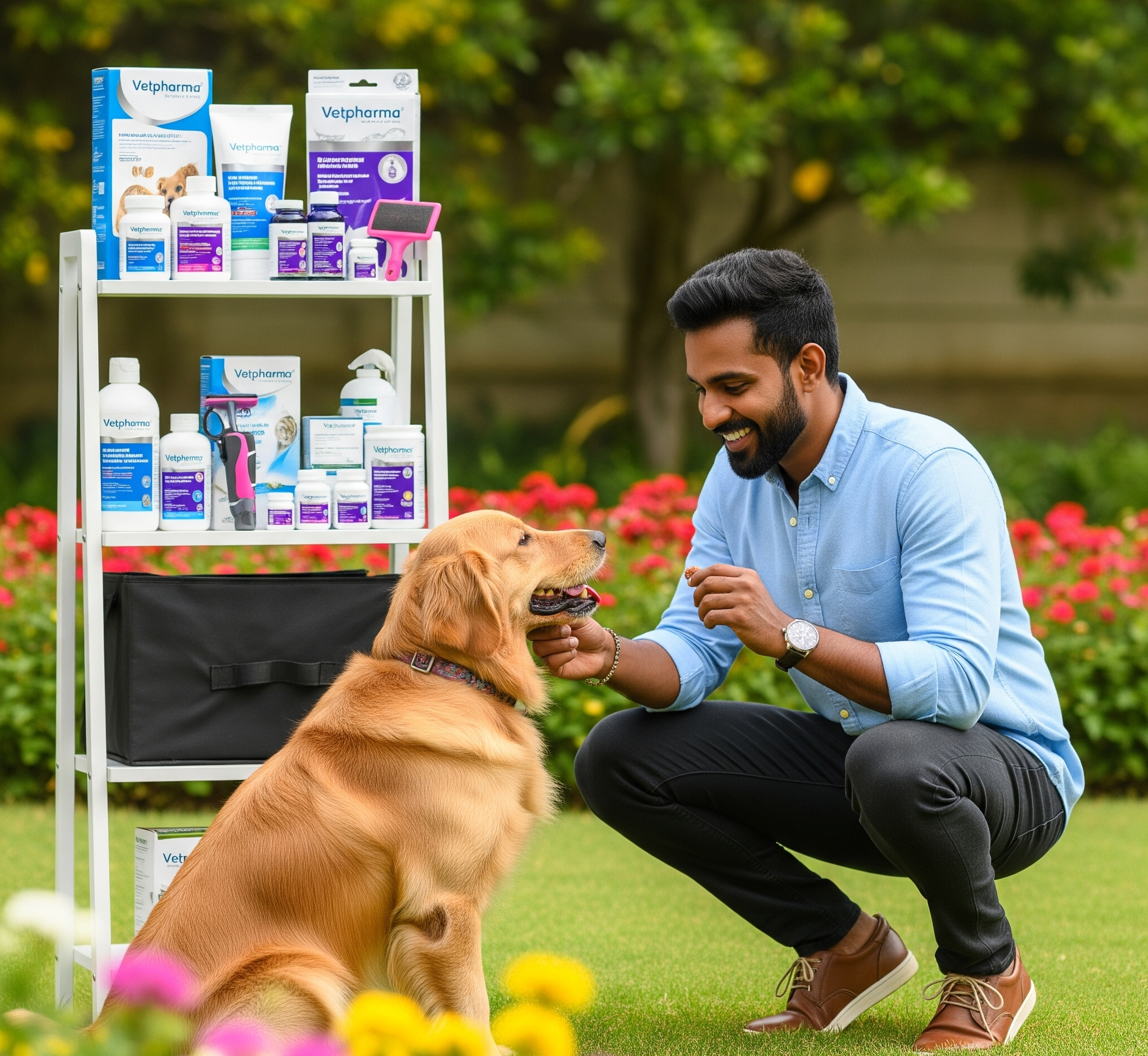Pet dental health is more than just fresh breath — it’s about saving lives.
Many pet owners underestimate how crucial it is to take care of their pet’s teeth. What starts as simple tartar buildup can lead to serious infections, tooth loss, pain, and damage to vital organs such as the heart, liver, and kidneys.
In this blog, we’ll uncover how dental health affects your pet’s overall wellness — and how you can protect them with the right dental care routine.
🧪 What Is Pet Dental Disease?
Pet dental disease, also known as periodontal disease, is a bacterial infection of the gums and tissues that support the teeth. It’s one of the most common health issues in dogs and cats, affecting over 80% of pets by the age of 3.
It usually starts with plaque (a soft layer of bacteria), which hardens into tartar. If untreated, it causes inflammation, infection, and eventually tooth loss.
⚠️ Why Is Dental Disease Dangerous?
Most pet owners think dental issues only affect the mouth — but in reality, they go much deeper.
🔴 Bacteria from infected gums can enter the bloodstream and travel to your pet’s heart, kidneys, and liver, damaging those organs over time.
🔴 Pets often hide their pain. They might be suffering from chronic pain without showing any clear symptoms.
🔴 Tooth loss, gum bleeding, and jawbone damage can result if dental disease is left untreated.
🔍 Common Signs of Dental Disease in Pets
Be alert for these early symptoms:
- 🦷 Bad breath (halitosis)
- 🐶 Difficulty chewing or eating
- 🔴 Bleeding or red gums
- ⚫ Yellow or brown tartar buildup on teeth
- 🐱 Pawing at the mouth or face
- 💤 Lethargy or low activity (due to pain)
If you notice any of these signs, it’s time to visit your vet immediately.
🛡️ How to Prevent Dental Disease in Dogs & Cats
The good news is that dental disease is 100% preventable with the right care. Here’s how to keep your pet’s smile and health in top shape:
1. 🪥 Brush Their Teeth
Yes, pets need their teeth brushed too! Use a pet-safe toothbrush and toothpaste (never human toothpaste). Aim for daily brushing or at least 3–4 times a week.
2. 🦴 Use Dental Treats & Chews
Specially designed dental chews help reduce plaque and freshen breath. Choose high-quality products approved by your vet.
3. 🍽️ Provide Dental-Supportive Food
Some pet foods are formulated to help reduce tartar buildup. Ask your vet about switching to a dental care formula.
4. 🩺 Schedule Vet Dental Cleanings
Routine professional dental cleanings are essential. Your vet will perform a deep clean, remove tartar, and check for early signs of dental disease.
5. 📅 Don’t Skip Vet Check-ups
Your vet should examine your pet’s teeth during every check-up. Early detection of gum problems can save your pet from pain — and save you from costly treatments.
✅ Vet-Approved Products for Pet Dental Health
At VetPharma, we offer a range of dental care products for pets:
- ✅ Dental Chews for Dogs & Cats
- ✅ Pet-safe Toothbrush & Paste Kits
- ✅ Oral Sprays & Water Additives
- ✅ Vet-Recommended Dental Treats
🔗 Browse all products at: www.vetpharma.lk
🧠 Quick Facts – Did You Know?
- 🐶 Dogs and cats hide pain — so dental issues often go unnoticed.
- 🪥 Brushing your pet’s teeth just 3 times a week can reduce dental disease by 60%.
- 🧬 Dental disease can reduce your pet’s lifespan by up to 2 years if left untreated.
- 🦷 Dental cleanings under anesthesia are safe and recommended by vets.
❤️ Final Thoughts: Healthy Teeth = Healthy Pets
Just like humans, pets need regular dental care to stay healthy. By staying on top of their oral hygiene, you’re not just protecting their teeth — you’re protecting their heart, liver, kidneys, and overall quality of life.
💡 Pro Tip: Add “Dental Check” to your monthly pet care routine. Prevention is easier — and cheaper — than treatment.



